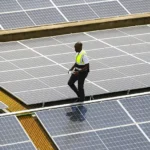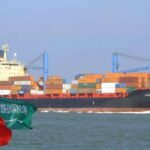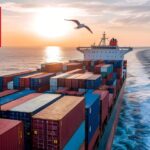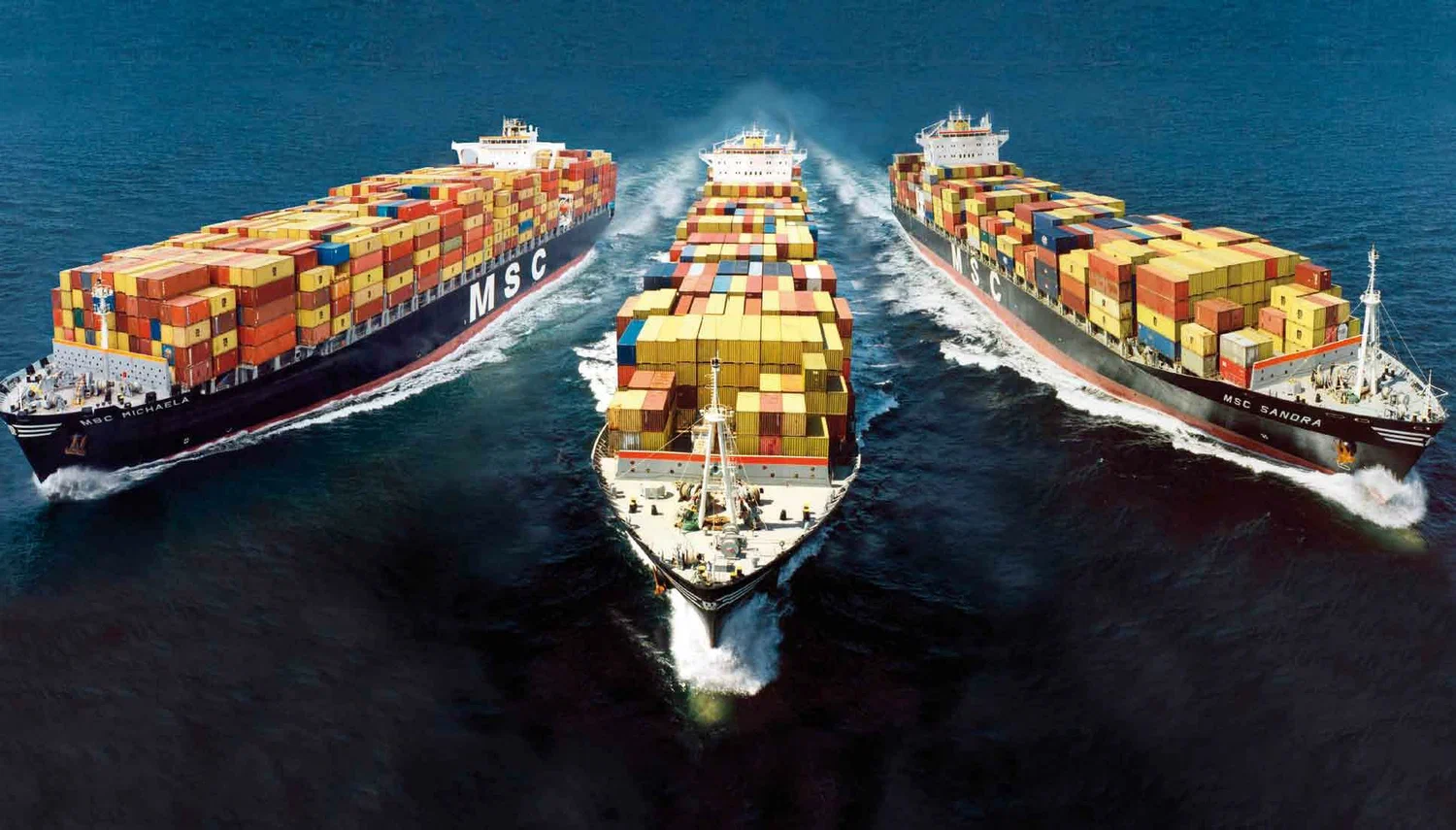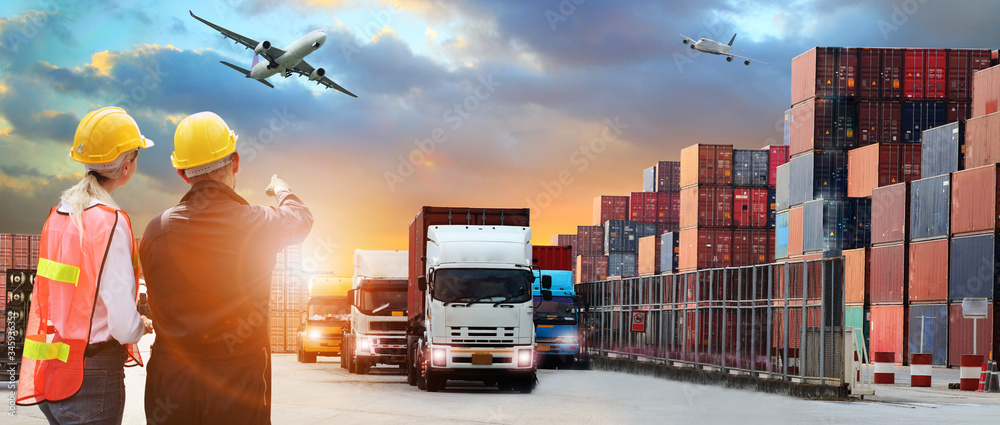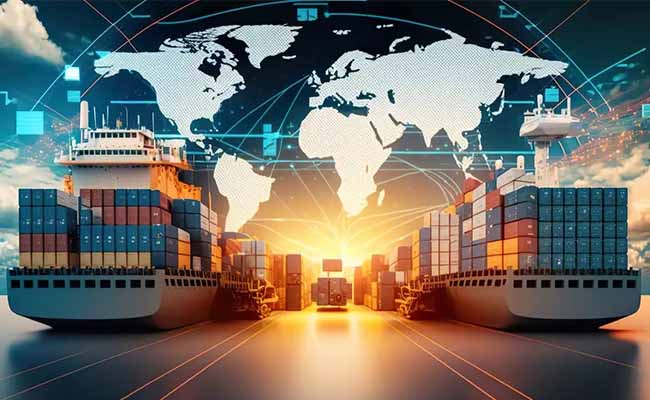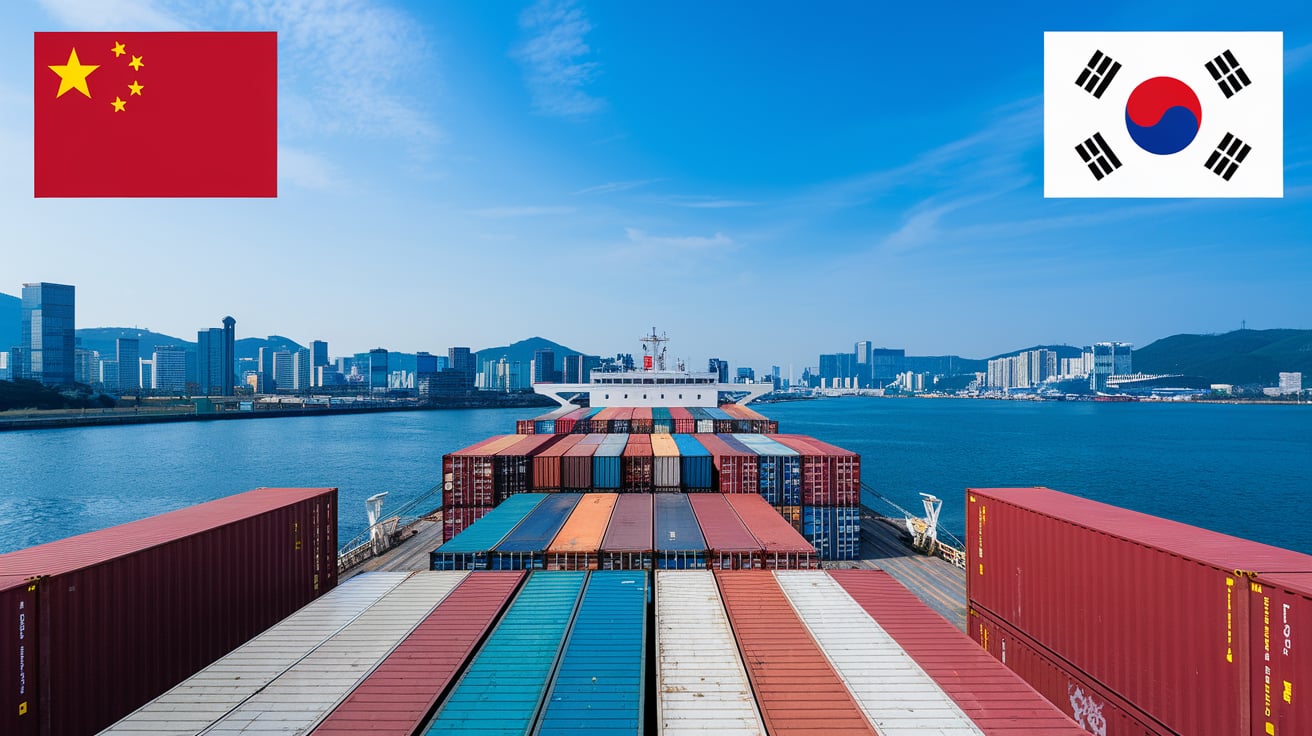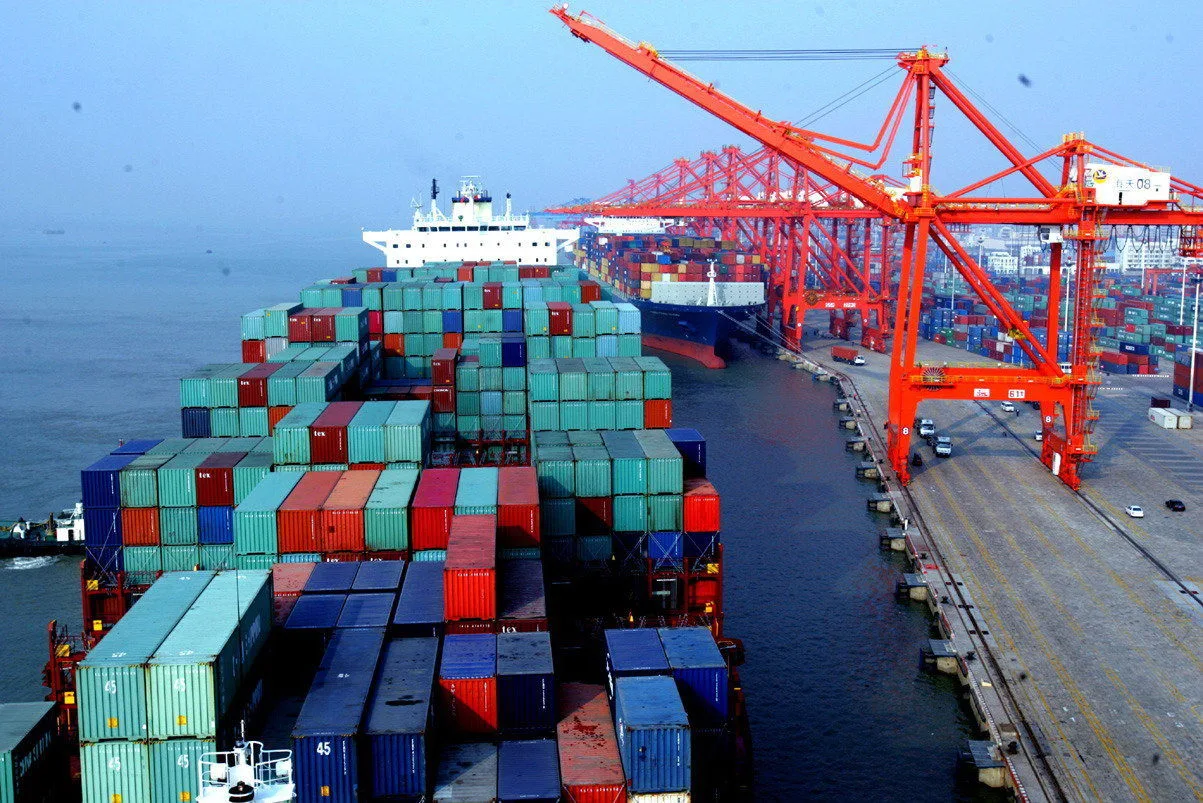With the increasing demand for renewable energy sources, solar panels have become a vital component of sustainable energy solutions. China, being a global manufacturing hub, offers a broad range of high-quality, cost-effective solar panels. This guide will delve into the benefits of Chinese solar panels, the logistics involved in their importation, the essential aspects of importing and shipping solar panels from China to Nigeria, and the optimal shipping methods to ensure a seamless import process.
Related Article : Shipping From China To Nigeria
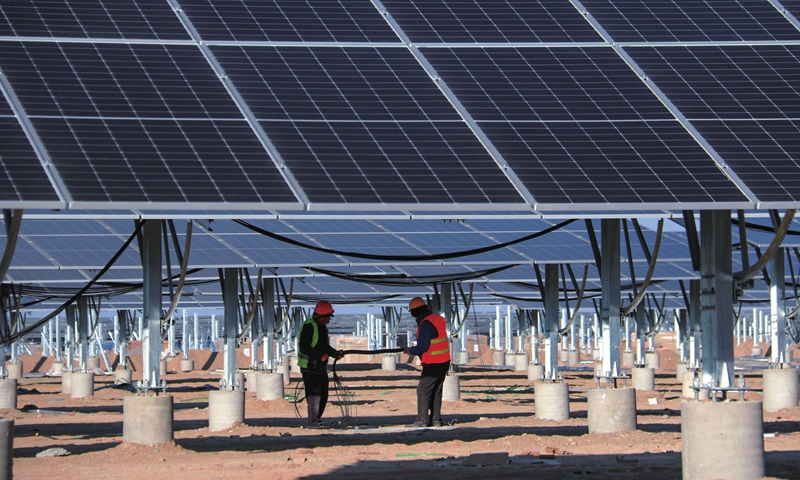
Benefits of Chinese Solar Panels
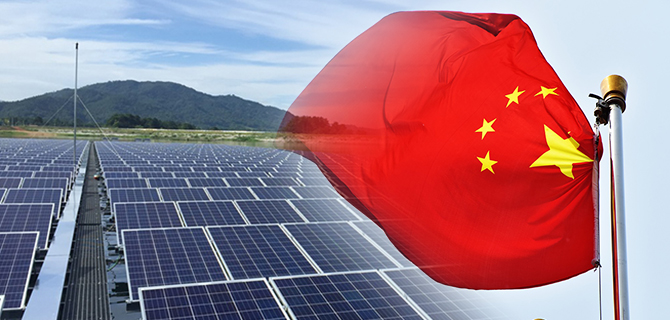
Cost-effectiveness Compared to Other Sources
One of the primary advantages of sourcing solar panels from China is their cost-effectiveness. Chinese manufacturers can produce high-quality solar panels at a fraction of the cost compared to manufacturers from other regions. This is largely due to the economies of scale, lower labor costs, and advanced manufacturing technologies utilized in China. Importers can significantly reduce their overall expenses by purchasing solar panels from China without compromising on quality.
Quality Assurance and Adherence to International Standards
Chinese solar panel manufacturers are renowned for their quality assurance and strict adherence to international standards. Many leading Chinese companies have obtained certifications such as ISO, TUV, and UL, ensuring their products meet global quality and safety requirements. By importing solar panels from these reputable manufacturers, buyers in Nigeria can be confident in the durability, efficiency, and reliability of their solar energy systems.
Technological Innovations Improving Panel Efficiency
The solar panel industry in China is at the forefront of technological innovations that enhance panel efficiency and energy output. Continuous research and development efforts have led to the creation of high-efficiency photovoltaic cells, advanced inverter technologies, and improved energy storage solutions. These innovations not only increase the performance of solar panels but also make them more competitive in the global market. Importers can benefit from these advancements by sourcing the latest solar panel technologies from China.
Comprehensive Supply Chain Capabilities
China’s robust and comprehensive supply chain capabilities are another significant advantage for importers. The country has a well-established network of suppliers, manufacturers, and logistics providers that facilitate the efficient production and distribution of solar panels. This extensive supply chain ensures that importers can access a wide range of products, benefit from competitive pricing, and experience timely deliveries. By leveraging these capabilities, Nigerian importers can streamline their procurement processes and maintain a steady supply of solar panels.
Considerations for Nigerian Importers
Understanding Nigerian Energy Needs and Market Demand
Before importing solar panels, it’s crucial for Nigerian importers to understand the local energy needs and market demand. Nigeria faces frequent power outages and has a growing need for reliable and sustainable energy solutions. Assessing the current energy infrastructure, potential customer base, and regional energy consumption patterns will help importers make informed decisions about the volume and type of solar panels to import.
Evaluating Different Types of Solar Panels (Monocrystalline vs. Polycrystalline)
When importing solar panels from China, it’s important to evaluate the different types available. Monocrystalline solar panels are known for their high efficiency and sleek appearance but tend to be more expensive. On the other hand, polycrystalline panels are less efficient but more cost-effective. Importers should consider the specific energy needs, budget constraints, and space availability to determine which type of solar panel is best suited for their market.
Assessing Panel Specifications and Components
Beyond the type of solar panel, importers need to carefully assess the specifications and components of each panel. Key factors include power output, efficiency rate, temperature coefficient, and warranty terms. It’s also important to consider the quality of inverters, batteries, and other accessories that come with the solar panel system. Ensuring that these components meet international standards and are compatible with local conditions will enhance the overall performance and longevity of the solar energy system.
Shipping Process from China to Nigeria
Choosing a Shipping Method
Selecting the right shipping method is essential for a smooth import process. The two main options are air freight and sea freight.
Air Freight for Urgent or Smaller Shipments
Air freight is ideal for urgent or smaller shipments of solar panels. It offers faster transit times, typically ranging from 3 to 7 days, which is beneficial for time-sensitive projects. However, air freight tends to be more expensive than sea freight.
Sea Freight for Larger Quantities and Cost-effectiveness
For larger quantities and cost-effective shipping, sea freight is the preferred option. Although the transit time is longer, usually between 20 to 40 days, it is significantly cheaper than air freight. Ocean Freight is particularly suitable for bulk shipments of solar panels, providing a balance between cost and volume.
Comparing Costs, Transit Times, and Reliability
A comprehensive comparison of costs, transit times, and reliability between air and sea freight will help importers choose the most suitable method. Table 1 below provides a quick comparison:
| Shipping Method | Cost | Transit Time | Suitability |
|---|---|---|---|
| Air Freight | Higher | 3-7 days | Urgent or smaller shipments |
| Sea Freight | Lower | 20-40 days | Larger quantities, cost-effectiveness |
READ MORE:
- Shipping From China To Algeria
- Shipping From China To Angola
- Shipping From China To Morocco
- Shipping From China To Nigeria
- Shipping From China To Kenya
- Shipping From China To Tanzania
- Shipping From China To South Africa
Packaging and Handling
Proper packaging is crucial to protect the fragile solar panels during transit. Importers should ensure that solar panels are securely packed in sturdy crates with adequate cushioning material to prevent damage. Special handling requirements, such as temperature control and careful loading/unloading procedures, should be communicated to the logistics provider to ensure safe transportation.
Documentation and Customs
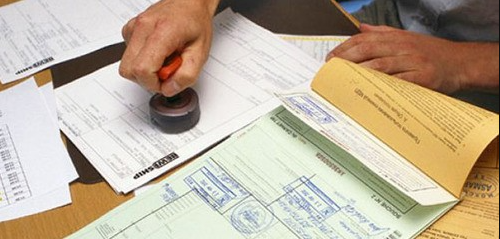
Required Import Documents for Nigeria
Importing solar panels into Nigeria requires specific documentation, including a commercial invoice, bill of lading, packing list, and certificate of origin. These documents must be accurately prepared to avoid delays and complications during customs clearance.
Understanding Nigerian Customs Regulations for Solar Equipment
Familiarity with Nigerian customs regulations is essential for a smooth import process. Importers should be aware of the applicable tariffs, duties, and import restrictions on solar equipment. Partnering with a knowledgeable logistics provider like Dantful International Logistics can help navigate these regulations and ensure compliance, facilitating a hassle-free import experience.
By understanding these considerations and carefully planning the shipping process, Nigerian importers can successfully import high-quality solar panels from China to meet the growing demand for renewable energy solutions.
Logistics Considerations
Selecting a Freight Forwarder
Choosing the right freight forwarder is critical for the successful importation of solar panels from China to Nigeria. A reliable freight forwarder will handle all aspects of the shipping process, including documentation, customs clearance, and transportation, ensuring that your solar panels arrive safely and on time.
Importance of Choosing a Forwarder with Solar Panel Shipping Experience
It’s especially important to select a freight forwarder with experience in shipping solar panels. Solar panels are delicate and require special handling and packaging. An experienced forwarder will be knowledgeable about the best practices for transporting these fragile items, reducing the risk of damage during transit. They will also be familiar with the specific regulatory requirements for importing solar panels into Nigeria, further streamlining the process.
Services Offered by Companies Like Dantful

Freight forwarding companies like Dantful International Logistics offer a comprehensive range of services tailored to the needs of solar panel importers. These services include:
- Ocean Freight: Cost-effective shipping for large quantities of solar panels.
- Air Freight: Faster transit times for urgent shipments.
- Customs Clearance: Expertise in navigating Nigerian customs regulations and ensuring compliance.
- Warehouse Services: Secure storage solutions for your imported goods.
- Insurance Services: Protection against potential damages or losses during transit.
By leveraging the expertise and services of a specialized freight forwarder, importers can ensure a smooth and efficient shipping process.
Challenges and Solutions
Potential Obstacles
Dealing with Port Congestion in Nigeria
Port congestion is a common challenge in Nigeria, leading to delays and increased costs. Solar panel shipments may be affected by long waiting times for unloading and customs clearance.
Navigating Bureaucratic Processes
The bureaucratic processes involved in importing goods into Nigeria can be complex and time-consuming. Importers must deal with multiple regulatory bodies and ensure compliance with various import regulations.
Mitigation Strategies
Working with Experienced Logistics Partners
Collaborating with experienced logistics partners like Dantful International Logistics can help mitigate these challenges. These partners have established relationships with port authorities and customs officials, enabling them to expedite the clearance process and minimize delays.
Staying Informed About Regulatory Changes
Import regulations can change frequently, impacting the importation process. Staying informed about the latest regulatory updates and requirements is crucial for avoiding compliance issues. Experienced logistics providers can help keep importers updated on any changes and provide guidance on meeting new requirements.
FAQs
What are the main types of solar panels available for import from China?
The main types of solar panels are monocrystalline and polycrystalline. Monocrystalline panels are more efficient but costlier, while polycrystalline panels are more affordable but less efficient.
How long does it take to ship solar panels from China to Nigeria?
The transit time varies based on the shipping method. Air freight typically takes 3-7 days, while sea freight can take 20-40 days.
What documents are required for importing solar panels into Nigeria?
Required documents include a commercial invoice, bill of lading, packing list, and certificate of origin.

Young Chiu is a seasoned logistics expert with over 15 years of experience in international freight forwarding and supply chain management. As CEO of Dantful International Logistics, Young is dedicated to providing valuable insights and practical advice to businesses navigating the complexities of global shipping.

